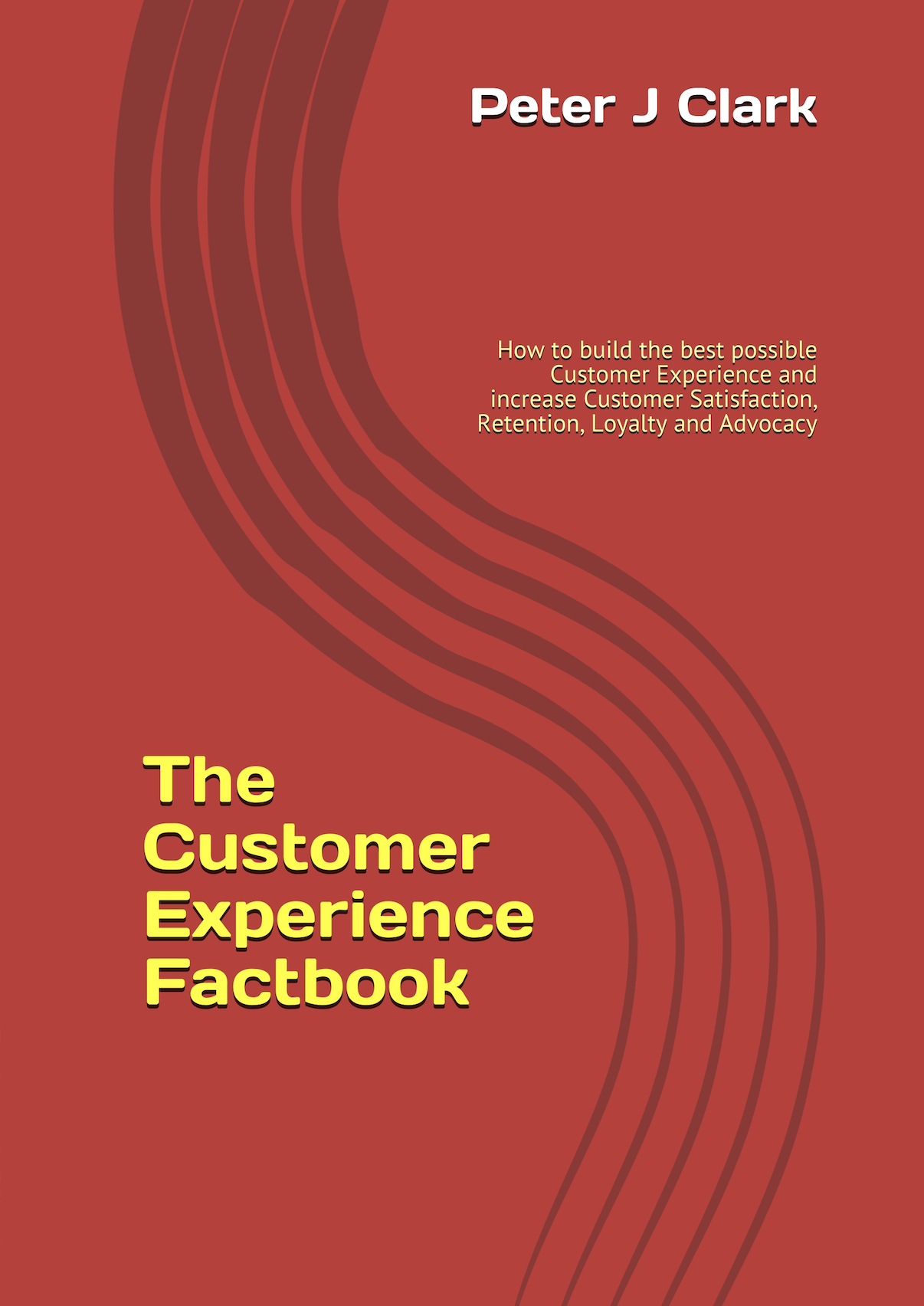Consumers willing to pay more for great customer service
Happy service agents really do mean happy customers
Two-thirds of consumers are willing to pay for great customer service, 31% willing to pay as much as 10% more for exceptional service, according to the 2018 Aspect Consumer Experience Index survey. And while consumers said effectiveness is the single most important aspect of that ideal interaction, the survey findings show that catering to engagement preferences and experience-created emotions can be the key to unlocking long-term loyalty and sustained business from customers.
Forty-five percent of consumers (and 66% of Boomers) said the most important aspect of a personalized experience is being able to interact with brands on the channel they want - even more important than knowing their name or their transaction history. But consumer expectations vary widely between agent-engaged- and self-assisted interactions. Forty-one percent of consumers who conducted self-service interactions had higher satisfaction expectations compared to doing the same with an agent. But consumers who conducted interactions with agents had a 70% satisfaction expectation compared to conducting the same via self-service.
While consumer interest in self-service isn't declining anytime soon, the personal, human touch still packs a considerable punch when it comes to inspiring customer satisfaction, and ultimately, loyalty.
The agent experience IS the customer experience
The Aspect Index survey reveals strong proof that agent positivity and commonality of experience play a big part in creating experiences consumers want. For example, 61% of consumers value talking with someone who has gone through the same experience they have more than they care whether the representative is employed in the company's contact center or if they are a gig/contract worker.
And, perhaps proving the theory that happy agents equal happy customers, 62% of the respondents said talking or live- chatting with a happy customer service agent would also make them happy. Most consumers (72%) said they would rather interact with a happy agent and have their experience take a little longer than interact with an uninterested agent and have their experience go a little faster.
Empowering consumers to self-serve
Nearly half (48%) of the consumers surveyed don't define getting a question answered or a request completed without speaking/chatting with a customer service agent as customer service. However, 38% of the respondents and 50% of Millennials view the option of performing self-service as a natural part of the brand experience and as a positive attribute of the organization.
Further, seven-in-ten consumers said the most important component of AI/self-service interaction is being able to seamlessly transfer to a live agent should they desire. In other words, consumers want everything Aca,' AI, their choice of channel, and engaging, knowledgeable agents.
"The growth of AI and self-service interaction, combined with an increasing number of digitally-native consumers is slowly changing the customer service landscape, and with it, the definition of customer service itself," said Nancy Dobrozdravic, Vice President of Marketing, Aspect Software. "As much as consumers are demanding self-directed and intelligent-assistant driven experiences, consumers reveal that agents remain a vital component of the larger customer experience. These findings could indicate symbiotic relationships, where fulfilling self-directed interactions boost the brand while agent-assisted engagements underpin customer satisfaction and loyalty. Such considerations are central to how we evolve the entire digital transformation discussion."
For the full findings of the Aspect Consumer Experience Index, go to: https://www.aspect.com
Sources: Aspect / The Marketing Factbook.
Copyright © 2019 - 2025 The Marketing Factbook.
Categorised as:
- Customer Experience
- Customer Loyalty
- Knowing The Customer
- Marketing Know-How
- Marketing Technology
